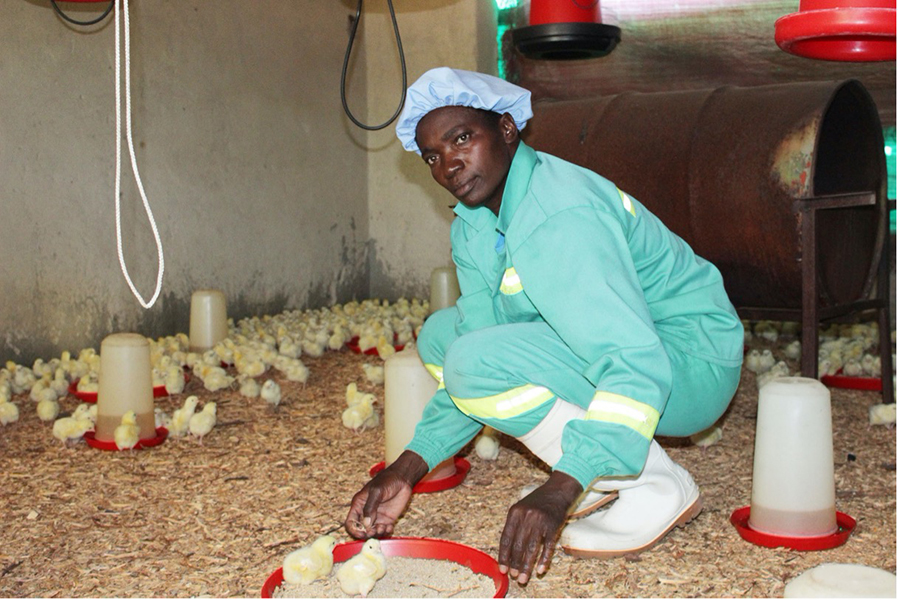Zimbabwe—Technical Assistance to the Zimbabwe Agricultural Growth Programme (TA ZAGP)
Client: European Union
Duration: 2018-2024
Region: Sub-Saharan Africa
Country: Zimbabwe
Solutions: Economic Growth
Agriculture is crucial to the economic and social development of Zimbabwe, providing livelihoods for 70 percent of the population and making up 40 percent of exports. Unfortunately, productivity has declined sharply in recent years due in part to prolonged drought, poor cultivation practices, and a land reform process that brought hundreds of thousands of new and inexperienced entrants into farming. In particular, livestock value chains remain underdeveloped, despite the sector’s potential to contribute to food security and incomes, especially in dry regions. Due to limited access to financing, quality inputs, and markets, smallholder farmers often resort to selling livestock for below-market prices and overstocking rangelands, depleting soil and increasing pollution.
The Zimbabwe Agriculture Growth Programme (ZAGP) addresses these weaknesses and gaps in livestock value chains. The programme takes innovative approaches to strengthening local institutions and building capacity across the livestock sector, specifically in the beef, dairy, and poultry value chains.

Josephine Rwambiwa, the Chairperson of the Materera Poultry Hub in Mahusekwa tends to chickens.
Sample Activities
- Provide technical and advisory support to the six value chains grantees financed under ZAGP and ensuring grantees implement their activities as planned.
- Support functions for value chains through coordination mechanism, farmer union strengthening, and other approaches.
- Coordinate ZAGP implementation support through communications activities, Steering Committees, performance ZAGP monitoring and evaluation (M&A), and related field missions.
Select Results
- Developed an online comprehensive coordination platform for the agricultural sector in Zimbabwe, which was handed over to the Ministry of Agriculture.
- Provided ad-hoc technical support to farmer unions to strengthen their role and their efficiency through improved strategic business plans.
- Communicated about ZAGP activities through the programme website and social media channels, participation in national TV and radio programmes, a monthly newsletter, and video production and dissemination.
- Organised monthly coordination meetings covering topics related to agricultural and rural development (including extension, capacity building and knowledge sharing under COVID-19 pandemic; lowering the cost of feed; M&E and data collection for livestock service delivery entities; communications and visibility; women and youth inclusion in the implementation of ZAGP activities; and more.)
Featured Links
RELATED CONTENT:
Regional—AL-INVEST Next Programme Management Unit and EU-LAC Trade and Investment
The AL-INVEST Next Programme and its EU-LAC Trade and Investment Component promote a more dynamic and sustainable economic relationship between the EU and the countries of Latin America and the Caribbean.
Read More